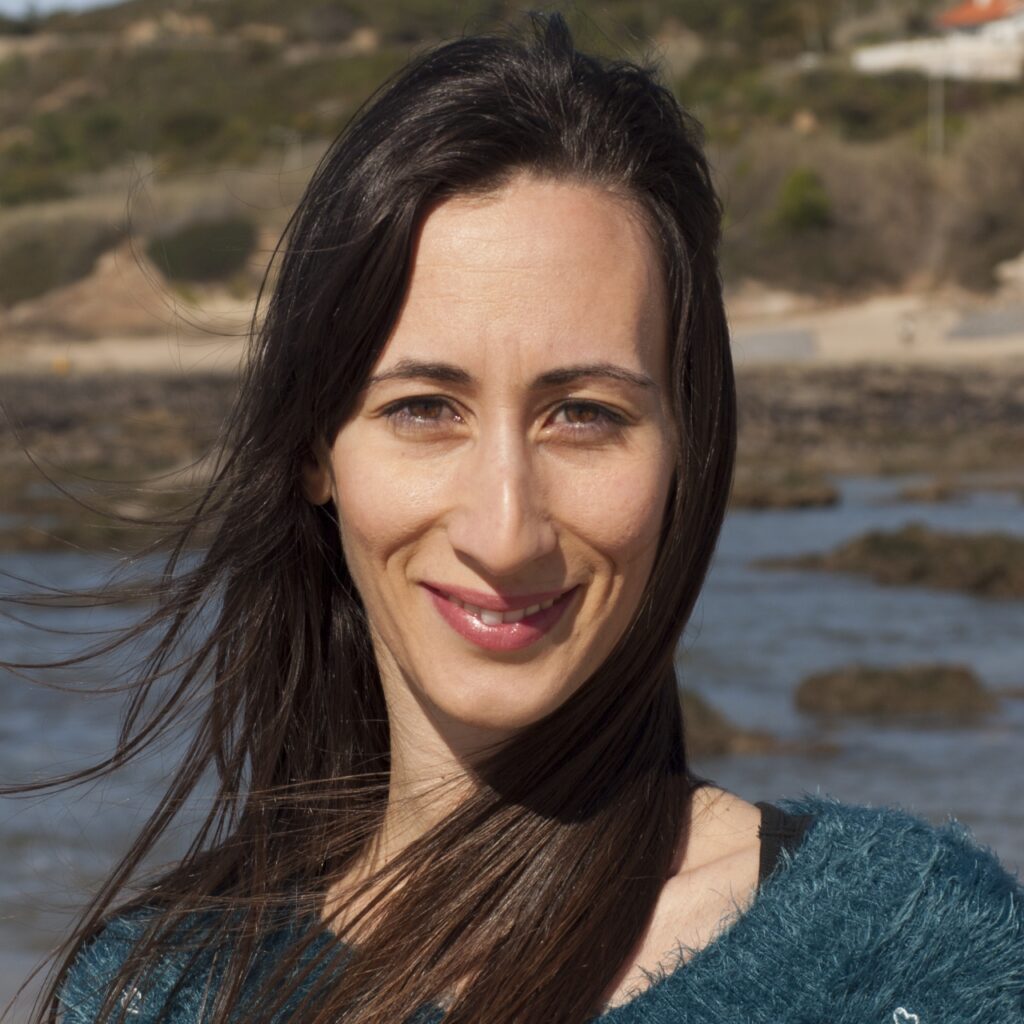

Researcher
Sandra Figueiredo graduated from the University of Coimbra, Portugal, with a Master’s degree in Pharmacy and concluded her Ph.D. studies in Pharmaceutical Sciences in the specialty of Pharmaceutical Chemistry, in 2017, at the same university. In 2016 she was a Visiting Researcher at the Department of Biochemistry and Molecular Biology at the Faculty of Biology, University of Barcelona, Spain. In brief, during her Ph.D. program, she conducted her research in the field of medicinal/pharmaceutical chemistry and biological sciences which has contributed to her significant expertise in drug discover and the biology of target diseases, mainly cancer. Since February 2018 she has been a postdoctoral researcher, hired under an ERC grant, at Cyanobacterial Natural Products (CNP) Team, CIIMAR, University of Porto, Portugal. Here, she has been working on the discovery of new chemistry and enzymology of cyanobacteria, combining cutting edge and traditional methodologies.













